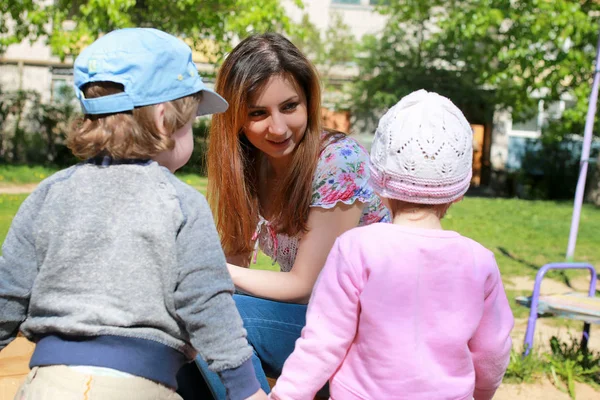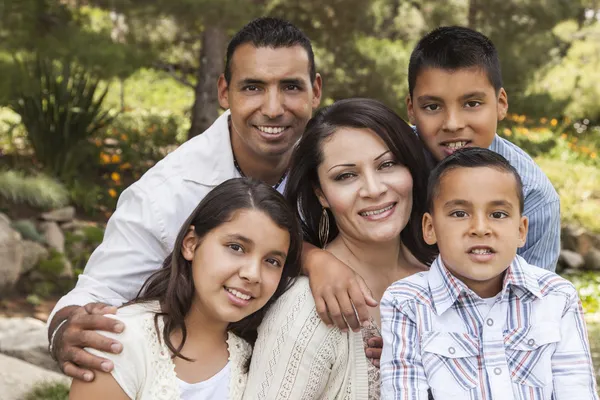
“If you do it correctly, God will bless you with ideal children.” For generations, that assurance has been peddled to Christian families like a gleaming, spiritual insurance policy. But in their new book, theologian mothers Marissa Franks Burt and Kelsey Kramer McGinnis argue it’s not only inaccurate it’s perilous.
Their new book, The Myth of Good Christian Parenting, excaves more than 100 so-called “biblical” parenting books and discovers a disturbing trend fear instead of love, control instead of connection, and formulas instead of faith. These aren’t simply harmless fumbles; they’ve left parents disenchanted and kids hurt, sometimes even alienated from family and faith. Here’s a closer inspection of the most enduring myths they’ve uncovered, why they’re toxic, and what more whole, grace-filled parenting might look like in their place.

1. The Myth of a Divine Parenting Formula
One of the most enticing promises is that God has provided a step-by-step blueprint for raising godly kids. Burt and McGinnis describe this as a “prosperity gospel parenting” mentality if one obeys the right rules, one will reap the right outcome. But as they note, this reduces faith to a transaction and sets aside grace. Life is complicated, kids are messy, and Scripture doesn’t provide a plug-and-play parenting instruction manual for success.

2. Abusing Scripture to justify harm
Numerous influential guides demand that since Scripture remains static, God’s advice on parenting never changes either. That has been applied to justify corporal punishment as an eternal mandate. The authors contend that taking verses out of context to support pain‑based discipline overlooks the larger biblical testimony of justice and compassion. How they phrase it, Spiritual rhetoric veils the reality that resources can include many Bible verses and still be biblically and theologically impoverished.

3. The ‘If You Get It Right’ Guarantee
The myth that good parenting will make everything come out perfectly is a recipe for sorrow. When kids have difficulty with faith, mental health, or decision-making, parents who are immersed in this myth tend to tumble into blame or guilt. Chad Bird, a scholar of the Old Testament, cautions that interpreting Proverbs as fortune-cookie predictions copies the mistake of Job’s friends attributing adversity to individual failure at every turn.

4. Love Confused With Control
Love is equated by Some equate love with control, maintaining children in a state of docility and compliance as evidence of a godly household. But this can be suffocating of individuality and undermining of trust. Studies of faith transmission indicate that warmth and attachment, rather than strict authority, are much more likely to foster enduring belief.

5. The Spanking-as-Love Narrative
Perhaps the most contentious of these is the instruction that spanking, given “in love,” will be perceived as love. Research, including that reported by psychologist Darcia Narvaez, indicates that physical punishment can have the same neurobiological effect as extreme abuse, resulting in hypervigilance, attachment issues, and low self-esteem. The space between intent and effect in this instance can be disastrous.

6. One-Size-Fits-All Family Models
The myth that successful Christian families all appear the same two parents, several children, strict hierarchy is blind to the diversity of healthy, loyal homes. It also excludes single parents, mixed families, and those dealing with unusual challenges, as if their form is less spiritual.

7. The Gendered Leadership Trap
Misleading statistics such as the discredited “93% myth” have been used to bolster fathers’ spiritual authority over mothers’, stoking gender hierarchies at home. As theologian Miranda Zapor Cruz points out, this sets parents against one another rather than promoting a cooperative partnership in discipling children.

8. Purity Culture’s Parenting Hangover
Author and doctor Lina Abujamra compares purity culture to prosperity gospel parenting both guarantee payoff for ‘doing it right’ and both most often culminate in shame when things don’t go according to script. These models can weigh down children, particularly daughters, with unrealistic and damaging ideals about worth and compliance.

9. Disregarding Trauma and Mental Health
Tough, result‑oriented parenting tends to neglect the effects of trauma, bullying, or mental illness. Trauma‑informed methods, such as those described by Aimeé Poché, center on safety, trust, and emotional management skills that assist in healing and flourishing instead of concealing hurt.
Burt and McGinnis aren’t asking parents to throw Scripture out the window they’re asking for a return to its more profound truths. That’s exchanging formulas for faith, control for connection, and fear for love. By debunking these myths, Christian parents can build homes where grace is a plan A, not a plan B it’s the anchor. And that transformation doesn’t transform just parenting it can transform the faith legacy itself.


